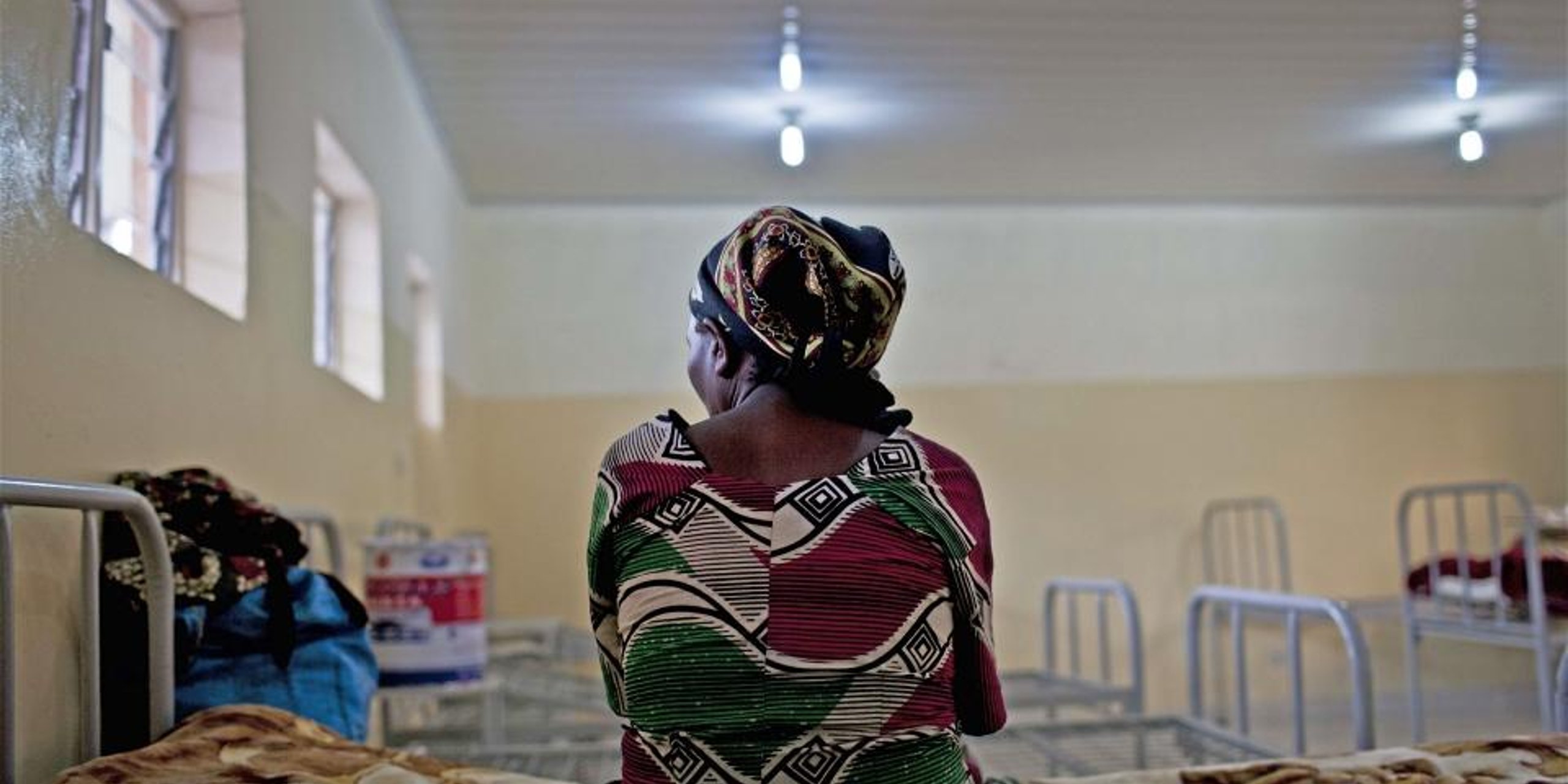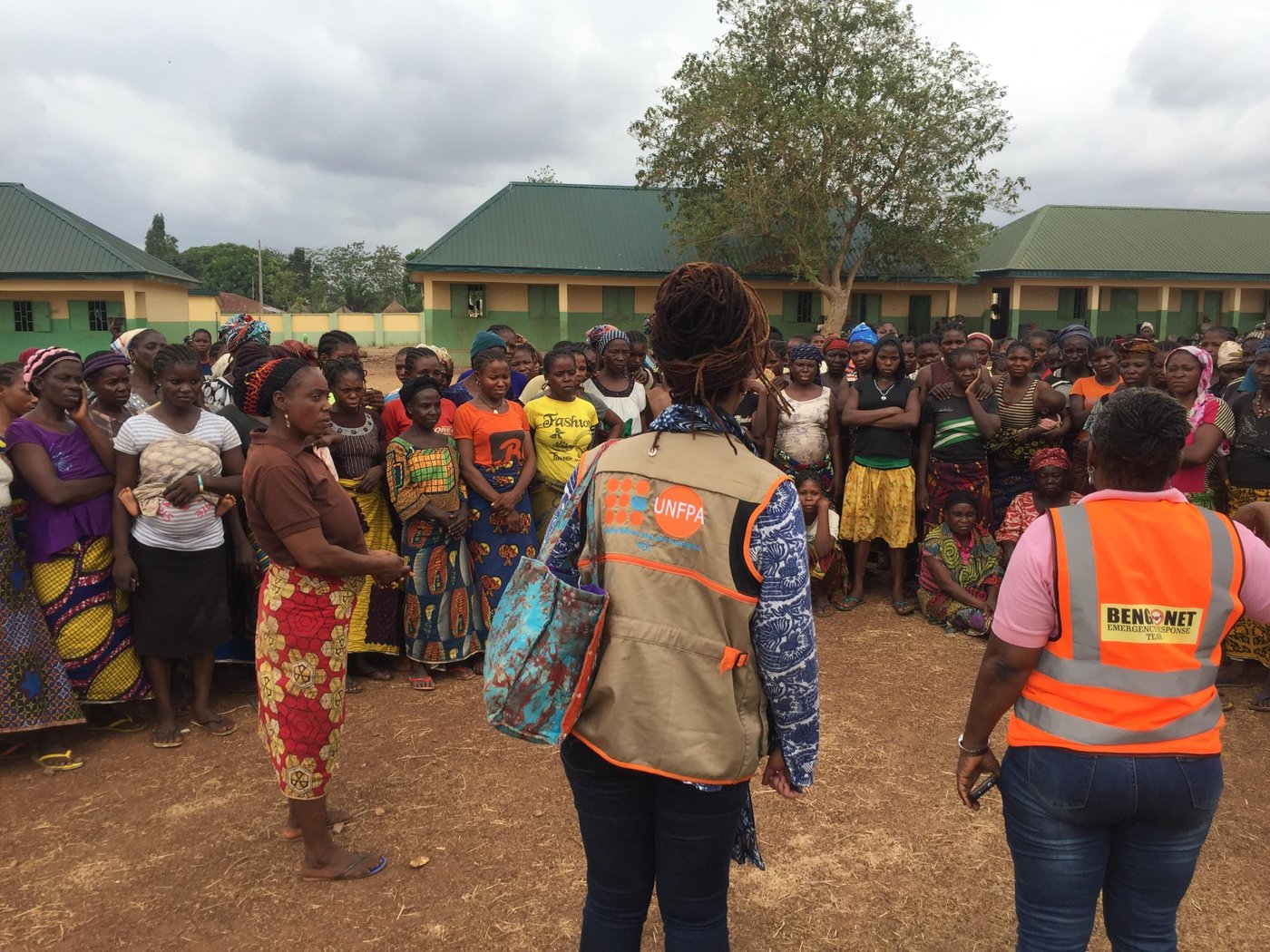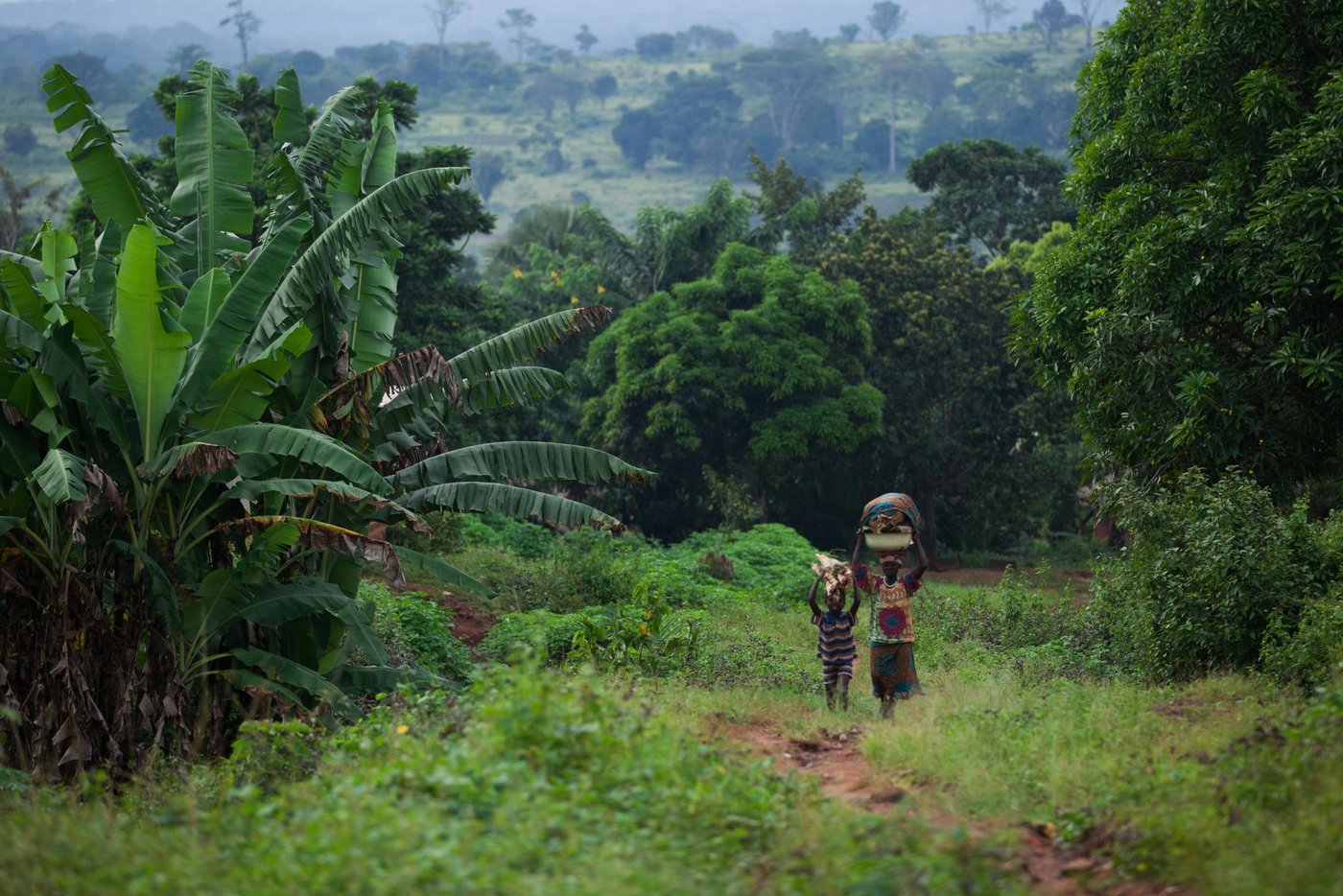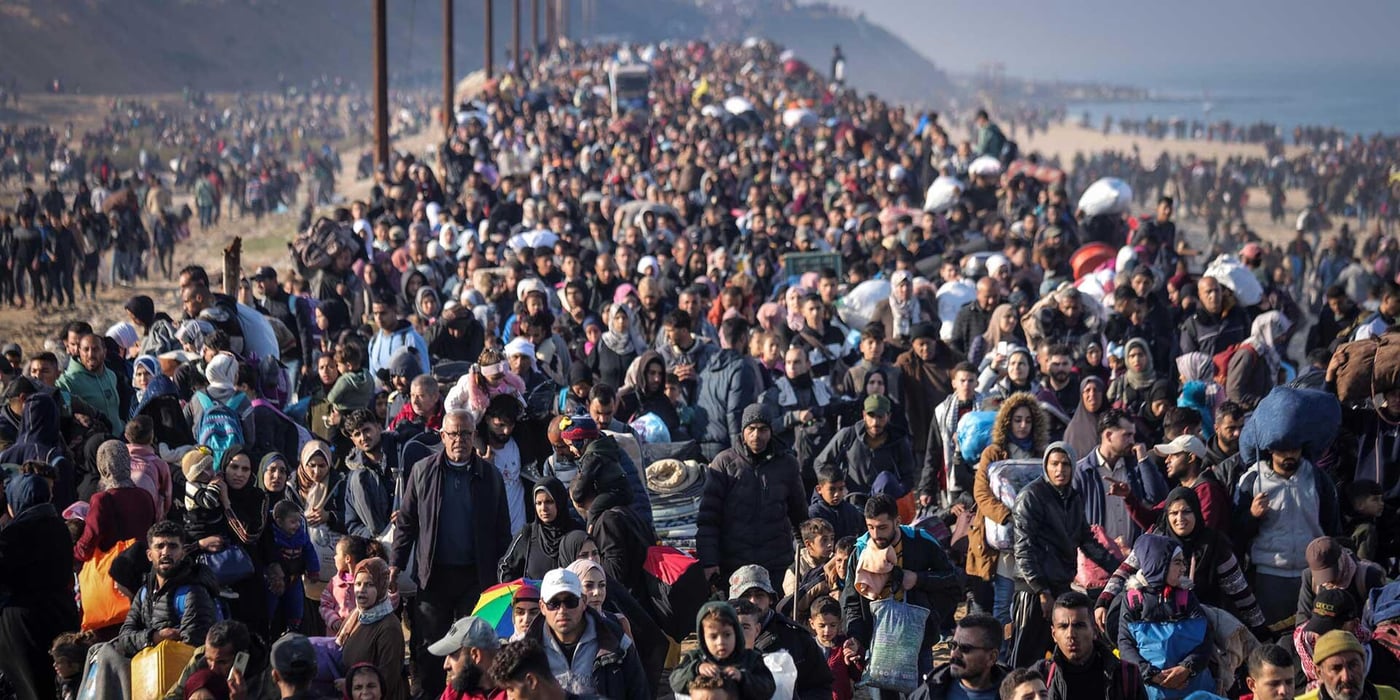
Gender-based violence (GBV) includes physical, sexual, verbal, economic and psychological abuse, forced and child marriage, trafficking and female genital mutilation.
GBV occurs all around the world, but the prevalence increases during crises. It is an extreme expression of unequal power relations, with serious consequences for generations if not addressed.
Action to help survivors and prevent GBV saves lives. We work to ensure that survivors get the help they need and that long-term actions to prevent GBV are prioritised in humanitarian, peace and development efforts.
NORCAP engages authorities, GBV-mandated agencies and other humanitarian, peace and development actors, to work together and build stronger systems to tackle GBV.
THE CHALLENGE
Causes of GBV are complex and often linked with deep-rooted cultural norms. All actors responsible for addressing these causes must adopt a comprehensive, committed and coordinated approach. However, life-saving assistance to survivors of GBV, and preventative actions to mitigate it, are often not sufficiently prioritised in humanitarian and development efforts.
A lack of resources undermines effective coordination and long-term efforts to prevent GBV. What is more, many sectors, from food security to child protection, still lack understanding or willingness to adequately mainstream GBV in their overall programming.
Actors need to commit long-term resources, and work to better understand the power relations between men, women and children to combat GBV. International and local communities must work together, collaborating on funding and concrete actions to meet their commitments for tackling GBV.
With the right focus, resources and dedication – survivors will get the help they need and together we can change norms and practices that lead to GBV.

OUR IMPACT
Acknowledging these challenges, we strive to strengthen partners’ capacity to coordinate effectively across agencies, drive long-term initiatives and empower local communities to address GBV. We work to ensure that actions against GBV are included across all sectors, including protection, child protection, sexual and reproductive health, and cash.
ENSURING ACCOUNTABILITY – A CALL TO ACTION
In an emergency, humanitarian organisations, donors and other stakeholders must prioritise GBV to a greater extent than we see today. NORCAP can provide the necessary resources. In Nigeria and DR Congo, NORCAP deployed Regional Emergency GBV Advisers (REGA) who led initiatives to mitigate risks and strengthen the response to GBV in the overall humanitarian response. It lead to improved services for people at risk of or affected by GBV in both crises. Accounting for GBV is critical to effective humanitarian leadership and can build the capacity of national authorities to act as duty bearers in the longer term.
EFFECTIVE COORDINATION IS KEY
Protection is central to the humanitarian crisis in Somalia. Sexual violence and other forms of GBV are major symptoms of the conflict, and effective coordination is key to ensuring that survivors have access to the help they need at the right time. Through better training and coordination of local responders, more survivors of GBV receive the help they need. Our expert strengthened UNFPA’s coordination with local partners and communities, improving how the organisations integrate GBV concerns and risks in response planning.
TEAMING UP WITH CHILD PROTECTION
Children and adolescents are often not included in the response to sexual abuse in emergencies. Through the “Child and adolescent survivors of sexual abuse in emergencies initiative”, our experts work with partners to strengthen coordination between between child protection actors and gender-based violence actors at all levels, including the REGAs. They also strengthen technical leadership in these sectors, help improve the capacity and knowledge of individuals who assist children and adolescent survivors, and provide them with the right tools and resources for a more efficient and collaborative response.




